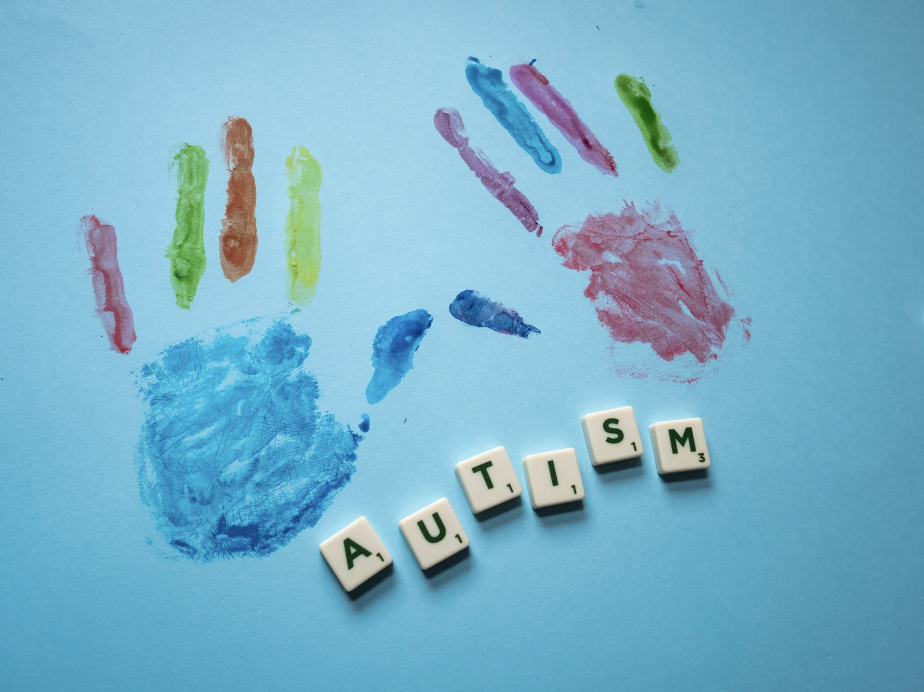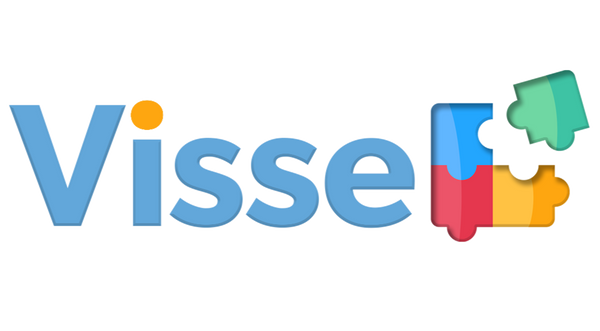
In recent decades, there has been a growing concern over autism, a complex neurodevelopmental disorder that affects individuals across the globe. Autism Spectrum Disorder (ASD) is characterized by a wide range of challenges, including difficulties with social interaction, communication, repetitive behaviors, and restricted interests. As the prevalence of autism continues to rise, it has become a significant public health concern. This blog aims to shed light on autism, its prevalence, potential causes, and the importance of early intervention and acceptance in our society.

The Prevalence of Autism
The prevalence of autism has witnessed a significant increase in the past few decades. According to the Centers for Disease Control and Prevention (CDC), it is estimated that around 1 in 54 children in the United States are diagnosed with ASD. This represents a considerable rise compared to earlier times. While some of this increase can be attributed to better awareness and improved diagnostic criteria, researchers are also exploring other potential factors contributing to the rise in autism cases.

Potential Causes of Autism
The exact causes of autism remain a subject of ongoing research. Multiple factors may contribute to the development of ASD, including genetic, environmental, and prenatal influences. Several studies have suggested a strong genetic component in autism, with certain genes playing a role in increasing susceptibility. Additionally, environmental factors like exposure to toxins during pregnancy or early childhood have been investigated, but their definitive link to autism is yet to be established.

Importance of Early Intervention
Early intervention is crucial for children with autism. Detecting and addressing developmental delays at an early age can significantly improve outcomes for individuals on the autism spectrum. Early intervention programs typically involve a combination of therapies, educational support, and family involvement. By providing children with the necessary tools to enhance their communication, social, and behavioral skills, they can better adapt to various social settings and lead more fulfilling lives.

Promoting Acceptance and Inclusion
As a society, we must strive to create a more inclusive environment for individuals with autism. Acceptance and understanding play a vital role in empowering those on the spectrum to achieve their full potential. Unfortunately, people with autism often face stigma and discrimination, which can further isolate them from their communities. Promoting inclusivity involves educating the public about autism, encouraging empathy, and fostering an environment that celebrates neurodiversity.

Support for Families
Families of individuals with autism also require support and resources to navigate the challenges they may encounter. Coping with the diagnosis of a child with autism can be overwhelming, and families may need assistance in accessing appropriate services, therapies, and educational support. Providing a network of support and understanding can make a significant difference in the lives of both individuals with autism and their families.
Conclusion
Autism remains one of the great modern health concerns, affecting millions of individuals worldwide. While the exact causes of autism are still being investigated, it is essential to focus on early intervention and acceptance to improve the lives of those on the spectrum. By creating an inclusive society that embraces neurodiversity, we can help individuals with autism thrive and contribute their unique abilities to the world. Together, let's work toward a more compassionate and understanding future, where autism is met with empathy and support rather than misunderstanding and fear.



